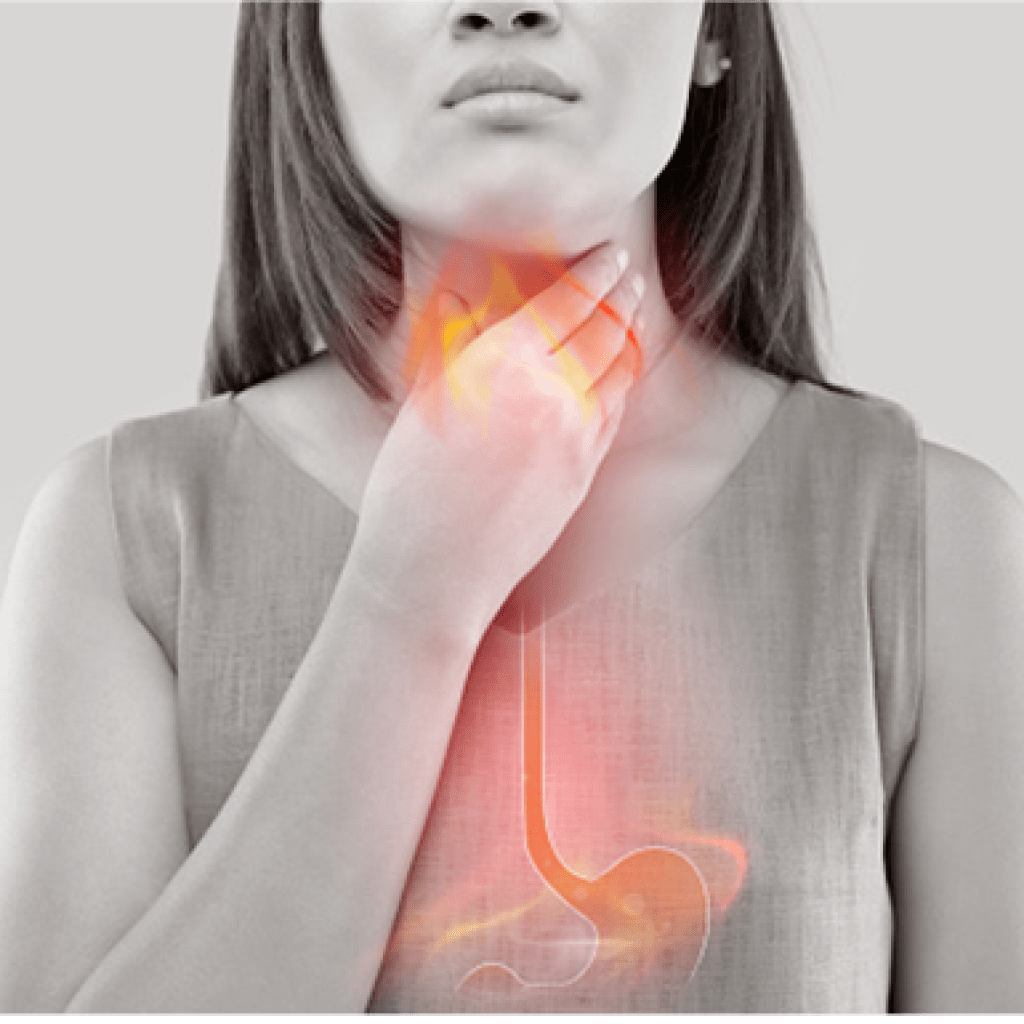Understanding Acid Reflux
What Is Acid Reflux?
Acid reflux is a condition that happens when the acid from the stomach flows back to esophagus and can reach the throat and go even to the lungs.
Common Causes Of Acid Reflux
There are various factors that can cause accid reflux, such as:
- Eating too much in a meal
- Having meal before bedtime
- Being overweight
- Eating certain foods and drinks: fatty food, chocolate, tomato, coffee, alcohol
- Smoking
- Being pregnant
- Taking some medicine: aspirin, ibuprofen, muscle relaxers, blood pressure.
- Physical or emotional trauma
- Hiatus Hernia: when the stomach slides upwards crossing the diaphragm muscle and the liquid inside of the stomach can’t be contained inside the stomach anymore.
For babies, acid reflux is considered a problem if the baby is losing weight or is not growing as they are supposed to.
Recognizing The Symptoms Of Acid Reflux
The symptoms of acid reflux can vary among individuals. Common symptoms for adults include:
- Heartburn:
- Regurgitation
- Bloating
- Bloody or black stools
- Bloody vomiting
- Burping
- the sensation of food being stuck in your throat
- Hiccups
- Nausea
- Weight loss for no known reason
- Dry cough, hoarseness, or chronic sore throat


Children often experience different symptoms, such as:
- Not gaining weight
- Projectile vomiting
- Spiting up green or yellow fluid
- Spiting up blood or stomach contents
- Refusing to feed or eat
- Having blood in the stool
- Breathing issues or a cough that does not go away
- Vomiting around 6 months or older
- Unusually irritable after eating
- Lack of energy
If left untreated, acid reflux can lead to breathing problems, chest pain/burning, difficulty swallowing, pneumonia, or asthma.
Treatment Options For Acid Reflux
There are several things you can do to help an infant suffering from acid reflux:
- Feeding changes:
- Do not overfeed the baby. Smaller, more frequent feedings are better.
- Make the baby burps before and after feeding.
- Hold the baby upright while feeding and for 15–30 minutes after.
- Do not put the baby in an infant seat after feeding
- Increase the height of the crib to keep the baby’s head higher
- Talk to your health care provider before changing your baby’s diet or your diet, if you are breastfeeding.
For children and adults:
- Avoid big meals close to bed time
- Avoid meals with certain foods and drinks: citrus fruits, chocolate, drinks with caffeine, fatty and fried foods, garlic and onions, spicy foods, tomato-based foods and sauces, peppermint
- Increase the height of the bed to keep the chest and the head higher
- Take medicine prescribed by physician.
- manage stress.
Osteopathy Can Help At All Ages
The Osteopathic Manual Therapist works on the body to balance the amount of acid released into the stomach and balance the pressure inside the abdominal and chest cavities. Additionally, posture is adjusted to keep the pressure inside the stomach and chest cavities proportional.



